The Obvious Choice Media Kit
Book info:
Buy the book at your favorite retailer: Amazon | B&N | Bookshop.org | BAM
The book in 2 sentences:
Trying to win the internet is a gloriously inefficient way to build a business.
Learn how to earn more and compete less in this much-needed approach to success in a crowded marketplace.
Catalog copy:
Algorithms Change, Humans Don't
No matter your goals, The Obvious Choice offers 15 essential lessons on profit and success that are timeless because they prioritize the humans who buy from you and not erratic and temperamental algorithms.
Jonathan Goodman—one of the world's leading experts on helping people simplify their business—reveals proven frameworks for increasing efficiency, praying to the social media gods less, and mastering the art of finding your customers.
Backed by a wide range of case studies, Goodman shows how modern marketing technology has led us astray. That start-ups and established organizations alike have bought into the misguided idea that they need to become "famous on the internet" just to make a few sales.
If you're having trouble finding your way, the problem isn't you. The problem is what you've been made to believe it takes to succeed.
This book is for any marketer, business owner, coach, or entrepreneur who wants an easier way to make more money, help more people, and have more freedom by avoiding wasted time and resources on dead-ends and ineffective methods.
Specifically, you'll learn how to:
- Build trust in business relationships through community, specificity, and familiarity.
- Apply the four-step content creation framework designed for business owners, not influencers, to get more customers (because likes don't pay the bills).
- Improve profitability by cutting out the work not worth doing.
No matter who you are and no matter what you sell, your customer is a human. And yet, marketing these days feels so (in)human.
Filled with frameworks, entertaining stories, and admittedly bad-Dad jokes, The Obvious Choice is a much-needed recalibration and, at times, a refreshing slap for a business generation that's lost its way.
Key ideas:
- Becoming the Obvious Choice: The central premise of the book is learning how to position yourself as the clear and trusted answer to a specific group’s problems. You don’t need to be the best at everything or chase the largest audience; you need to become the most relevant solution to your people. Goodman emphasizes the importance of understanding your audience’s needs, meeting them where they already are, and delivering such obvious value that choosing anyone else feels irrational. This starts by focusing on a small, tight-knit “family” of people who will rely on, trust, and advocate for you—what he calls becoming famous to the family.
- Focus on the Monkey, Not the Pedestal: To make meaningful progress, prioritize the critical, hard tasks—the “monkey”—that directly prove your value, like selling or solving problems, instead of busywork that feels productive but doesn’t matter, like tweaking logos or building perfect systems. All the polish in the world (the pedestal) is useless if you haven’t addressed the core challenge that moves your business forward. Success begins with tackling the hard, essential work first.
- Whales and Minnows: Start with High-Value Clients: To build a sustainable and profitable business, focus on serving “whales”—clients who will pay premium prices for high-value solutions—while using the resulting profits to support and nurture the broader audience, the “minnows.” This approach creates a functional flywheel: profits from whales allow you to improve your product, deliver exceptional service, and generate referrals, all while helping more people without compromising quality. It’s easier to go downmarket over time than to start cheap and raise your value later.
- Simplicity Wins: The Bed of Nails Paradox: People make decisions based on clarity and focus. Instead of overwhelming your audience with too many features or benefits, identify your single, most compelling value—your “nail”—and center your messaging around it. The more you add, the less impact each point has. Specificity creates trust, power, and memorability, making it obvious why someone should choose you.
- Define Your “Good Enough” and Take Purposeful Action: The world constantly tempts us with endless options, perfectionism, and comparison. Goodman argues for rejecting this overwhelm and defining what’s “good enough” based on your version of success. By embracing “good enough,” you stop chasing unattainable ideals and start taking focused, consistent action toward meaningful progress. After all, success isn’t about perfection—it’s about showing up, solving problems, and executing consistently.
Popular quotes:
“For every 18-year-old on social media that thinks they need a big following just to make a few sales, there are 100 silent business owners quietly earning more money with less effort.”
– The Obvious Choice (pg. xiii)
“The best way to execute an idea so big that it could one day change the world is to start by becoming The Obvious Choice for a small group of people.”
– The Obvious Choice (pg. 53)
“Building a business and becoming an online entertainer are different games people play–neither’s better or worse but problems arise when you conflate the two–playing by the rules of one and desiring the rewards of the other.”
– The Obvious Choice (pg. 69)
“If the way you’ve built an audience is inconsistent with the product or service you want to sell, you’ll end up rich with likes but poor with dollars.”
– The Obvious Choice (pg. 76)
Jonathan Goodman bio
Bullets:
- Runs software & education businesses ($35M+ revenue. Average 65% profitability).
- 100% bootstrapped. Never taken investment. Own 100% of all businesses.
- 210,000+ self-published books sold (12x author)
1-2 sentences:
Jonathan Goodman is the creator of the Personal Trainer Development Center and host of the Obvious Choice podcast, a top show for coaches and entrepreneurs. Featured in Men’s Health, Forbes, and more, Jon has helped over 200,000 small business owners worldwide grow their businesses.
Short paragraph:
Jonathan Goodman is the creator of the Personal Trainer Development Center and host of the popular Obvious Choice podcast, a top show for coaches, entrepreneurs, and small business owners. Jon’s been featured in most major business and fitness publications including Men's Health, Forbes, Entrepreneur, Robb Report, Inc., and many more. Over 200,000 coaches and small business owners in more than 120 countries have purchased business development materials from him. Originally from Toronto, Jon spends his winters exploring the World with his wife and two young sons.
Intro for podcasts:
Jonathan Goodman is the creator of the Personal Trainer Development Center ($35M+ rev) and host of the popular Obvious Choice podcast, a top podcast for coaches, entrepreneurs, and small business owners.
Jon’s been featured in most major business and fitness publications including Men's Health, Forbes, Entrepreneur, Robb Report, Inc., and many more. Over 200,000 coaches and small business owners in more than 120 countries have purchased business development materials from him.
In his latest book, The Obvious Choice: Timeless Lessons on Success, Profit, and Finding Your Way, Jonathan teaches you how to win in business without feeling like you have to win the internet. Originally from Toronto, Jon spends his winters exploring the World with his wife and son.
Follow Jonathan Goodman:
- Twitter: @itscoachgoodman
- Instagram: @itscoachgoodman
- YouTube: Jonathan Goodman
- LinkedIn: Jon Goodman
- Podcast: The Obvious Choice
- Weekly Newsletter: 5 Reps on Friday
Get Jonathan’s Latest Book:
The Obvious Choice: Timeless Lessons on Success, Profit, and Finding Your Way
Image Assets
Download All ImagesImages of Jon:

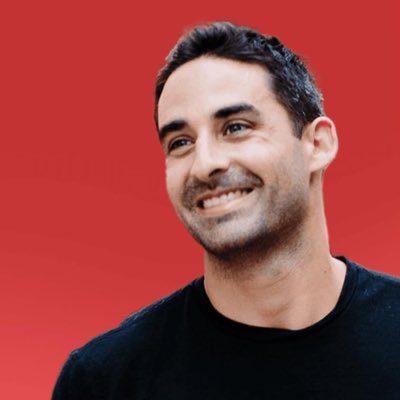
Images of The Obvious Choice:


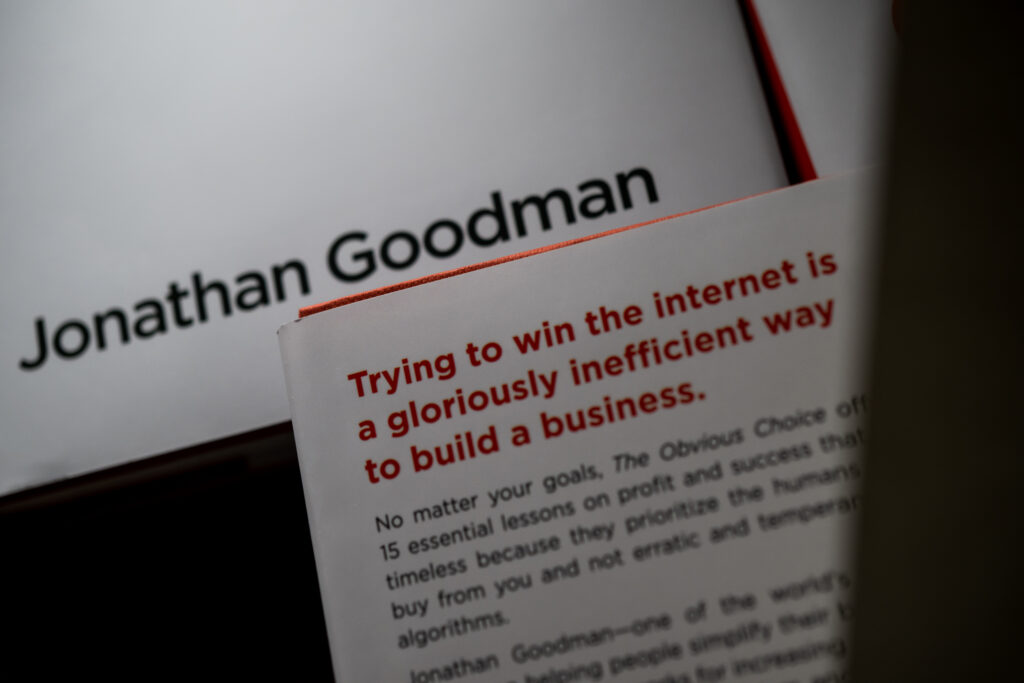

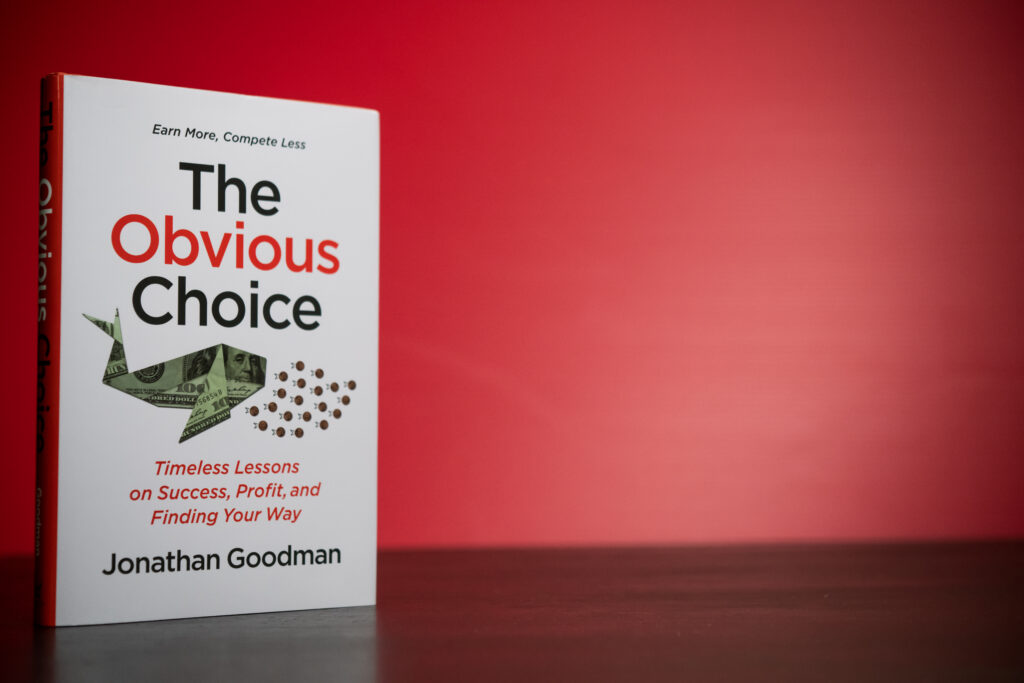
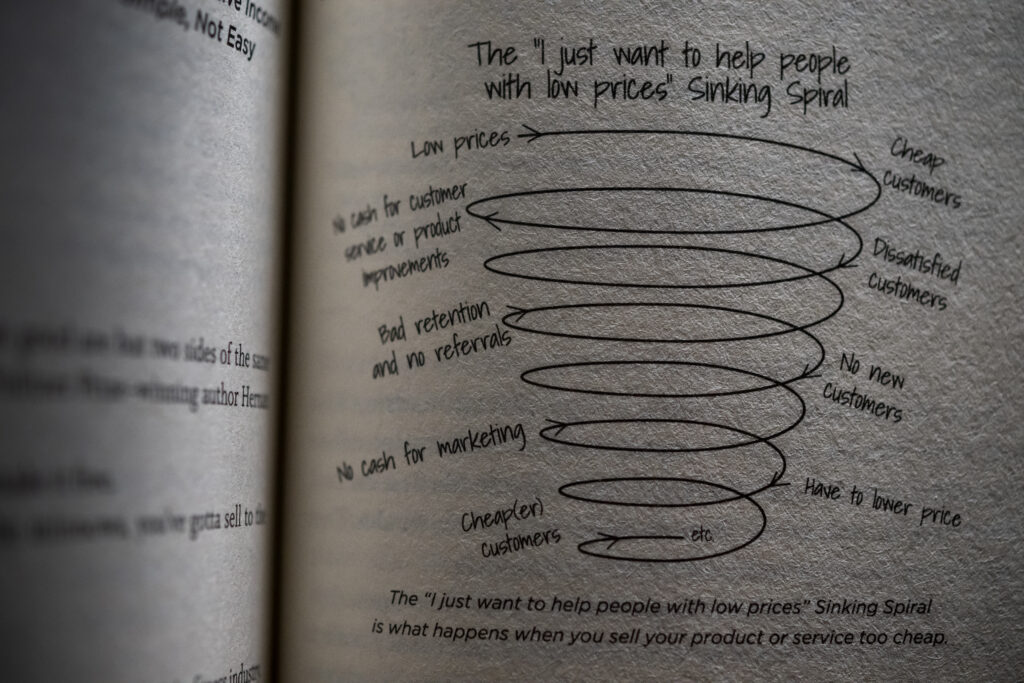


Images with book quotes:






Book Endorsements

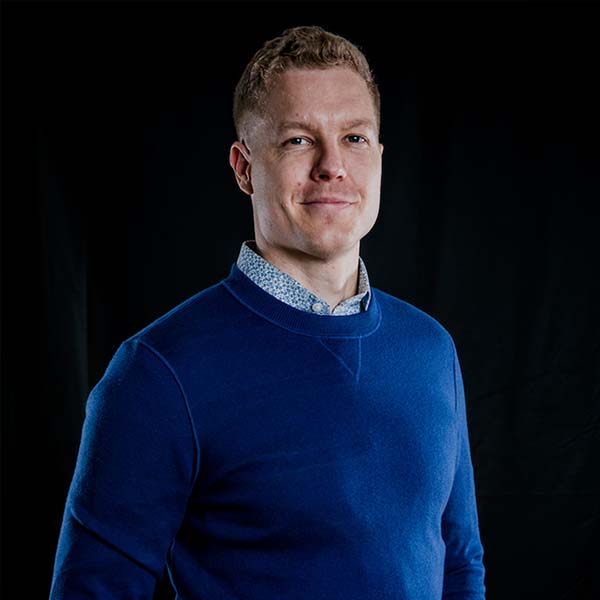



Images with endorsements:





PDF Summary of the book:
Download Book SummaryFor Podcasters:
Suggested Angle #1:
Simple, eloquent, low-stress business that’s “enough”.
I’ve found that building a business to 3M or so is relatively straightforward and reliable so long as that’s the stated goal.
Beyond that, risk and time commitment radically increases. Which is fine for some.
It’s when people don’t know what they want and continue to go after “bigger” without recognizing what it means that they fall pray to scattered execution, ineffective copycat techniques, and tons of wasted money.
I've been on a journey.
In 2021, Alison got diagnosed with cancer and my business expenses exploded. I got too aggressive with the covid-19 boom to my business and it kicked me in the teeth.
Both of these things forced a refresh—the magical, “knowing now what you know, if you could start over, what would you do different?”
And I literally built back up with knowledge of helping over 65,000 businesses grow for 10 years.
My angle is that I’ve found the right pace for me.
This means:
-Mornings for writing
-Never miss breakfast or dinner with family
-3-5 workouts a week
-Bike everywhere.
-Don’t actively operate any of my companies. Found great people and compensate them incredibly well to run them
-Live abroad 4-6 months a year, exploring the world
Suggested Angle #2:
I’m always looking for areas of leverage. And if I don’t have a massive marketplace advantage, I don’t do a thing even if it’s a good opportunity.
Example: our software.
There’s zero opportunity in competing on features. Other players have network effects. It’s too expensive to build. The TAM is too small
But there’s massive opportunity on the lower end of the market. Coaches with 10-30 clients.
Problem is that customer acquisition costs are too high.
Because I ran the biggest blog in the space and because of my books, I could acquire users for free.
That allowed me to enter a crowded space with a moat nobody else couldn’t touch me in.
And to bootstrap it, I added leverage by first viewing it as a lead magnet for my other programs.
QuickCoach was free at first. Now has a paid tier. But we acquired 43,000+ users without a dime of marketing spend.
Many of those bought my books and other programs, indirectly covering the cost of QC development, which has created a flywheel.
All the while, I’m building up a SAAS platform with literally zero effect and zero staff that’s worth 8-figures in three years.
Suggested Topics:
- Book marketing / self-publishing. Creative ways to sell more books.
- How I’ve leveraged self-published books to make tons of money in other ways (eg. $1.2M in affiliate commissions from two companies that still pay me $20k/mo.)
- Fitness fitness in as a dad.
- How (and why) we started a software company in a crowded niche with a tiny total available market
- How my wife getting diagnosed with cancer and my company teetering on losing money in 2021 led to a complete restructuring. I got to live the “if you could start over knowing now what you know, what would you do.” And got to do it
Suggested Questions:
- Process of writing first book.
- The four-stages of content for every business owner so they control it, and content doesn’t control them.
- That people never change. And knowing that will make it easier for you to get more customers, hire better, and get more referrals.
- Why pricing low is the worst way to help more people (and what to do instead)
- Why and how I pay people who work for me and deliver way more than industry average and how it weeds out people who don’t perform.
Some More Links:
- https://robbreport.com/lifestyle/health-wellness/future-of-fitness-1234818003/
- https://www.entrepreneur.com/growing-a-business/profits-can-be-deceiving-heres-why-i-killed-off-my/333183
- https://www.forbes.com/sites/meimeifox/2018/02/08/how-not-to-hustle-your-way-to-success-4-tips-for-aspiring-entrepreneurs/
- https://www.entrepreneur.com/leadership/why-fitness-entrepreneur-jonathan-goodman-chose-a-life-of/347169


